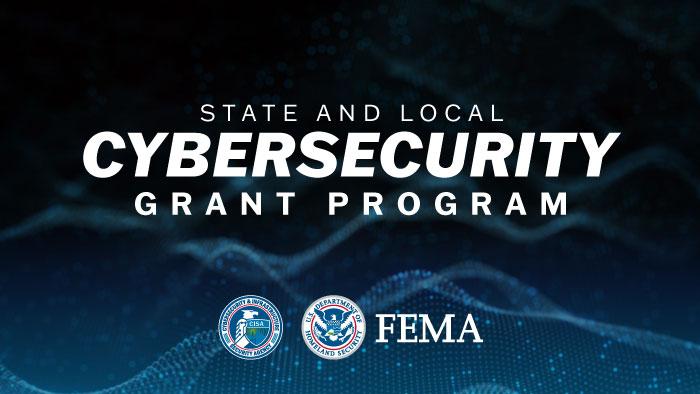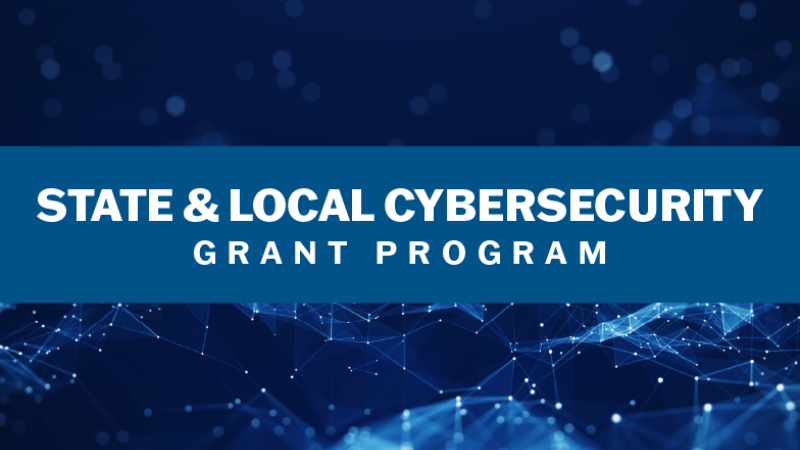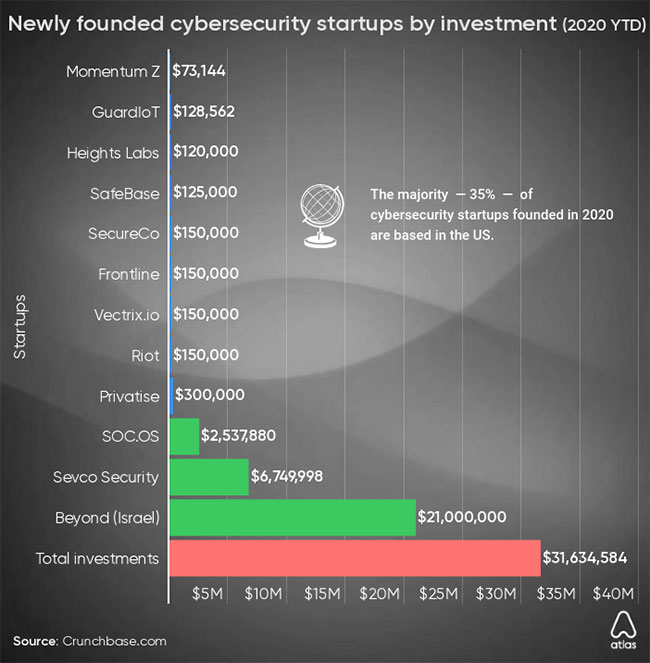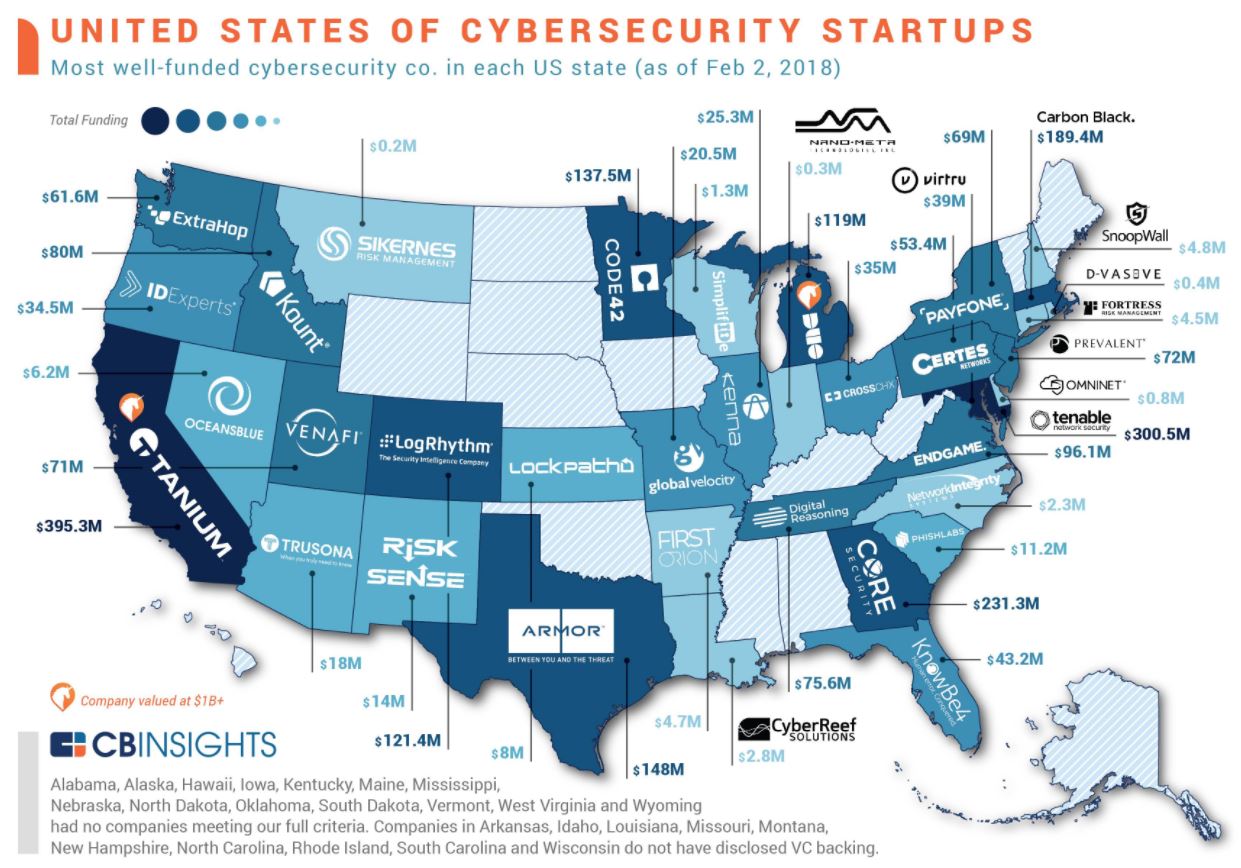Navigating the Cybersecurity Funding Landscape
In today’s digital age, startups are the lifeblood of innovation, driving progress and economic growth. However, with limited resources, many face significant challenges in safeguarding their digital assets against ever-evolving cyber threats. The emotional toll of a cyberattack can be devastating, not just financially but also in terms of trust and reputation. Recognizing this vulnerability, various government and private entities have stepped up to offer cyber security grants for USA startups, aiming to fortify their defenses and ensure sustainable growth.

Key Takeaways:
-
Multiple federal and state programs offer substantial grants to bolster cybersecurity for startups.
-
Programs like SBIR and SBA’s Cybersecurity for Small Business Pilot Program are pivotal in providing financial support.
-
Understanding eligibility criteria and application processes is crucial for securing these grants.
-
Staying updated with new initiatives, such as Google’s cybersecurity clinics, can offer additional support avenues.Wikipedia+5Security Magazine+5SBA+5Axios
Understanding Cyber Security Grants for USA Startups
Cyber security grants for USA startups are financial aids provided by government agencies, educational institutions, and private organizations to help emerging businesses enhance their cybersecurity infrastructure. These grants aim to mitigate the risks associated with cyber threats, ensuring that startups can operate securely and efficiently.
Major Cyber Security Grant Programs
Securing cyber security grants for USA startups is pivotal in fortifying their digital defenses and fostering innovation. Several prominent programs offer substantial support to emerging businesses aiming to enhance their cybersecurity infrastructure.
1. Small Business Innovation Research (SBIR) Program
The SBIR program, coordinated by the U.S. Small Business Administration, is a competitive initiative that encourages small businesses to engage in federal research and development with the potential for commercialization. Annually, approximately $2.5 billion is awarded through this program, with the Department of Defense being the largest contributor, allocating around $1 billion each year. Notably, over half of these awards go to firms with fewer than 25 employees, emphasizing support for truly small enterprises. NIST
For USA startups focusing on cybersecurity, the SBIR program offers a pathway to secure funding for innovative projects. The program’s structure allows startups to explore the feasibility of their ideas in Phase I and, upon successful completion, further develop them in Phase II. This phased approach ensures that only the most promising projects receive continued support, maximizing the impact of the funding.
2. SBA’s Cybersecurity for Small Business Pilot Program
Launched to address the growing threat of cyberattacks on small businesses, this program offers grants to state agencies, which in turn provide training, counseling, and tailored cybersecurity services to startups. In 2024, the SBA announced $3 million in new funding under this program, emphasizing the importance of cybersecurity in the small business ecosystem.
This initiative is particularly beneficial for USA startups that may lack the resources to implement robust cybersecurity measures. By leveraging the services provided through this program, startups can enhance their security posture, protect sensitive data, and build trust with customers and partners.
3. NIST SBIR Grants
The National Institute of Standards and Technology (NIST) offers SBIR grants focusing on areas like advanced manufacturing, cybersecurity, artificial intelligence, and more. In 2024, NIST awarded over $1.2 million to small businesses to advance cybersecurity, among other sectors.
For USA startups, NIST’s SBIR grants provide an opportunity to engage in cutting-edge research and development in cybersecurity. These grants support the creation of innovative solutions that can address current and emerging cyber threats, contributing to the overall resilience of the digital ecosystem.
4. AI Cyber Challenge by DARPA
The Defense Advanced Research Projects Agency (DARPA) introduced the “AI Cyber Challenge,” allocating nearly $20 million in prizes to companies developing advanced AI-driven cybersecurity tools. Of this, $7 million is reserved for small businesses, highlighting the government’s commitment to involving startups in national cybersecurity efforts.
This challenge presents a unique opportunity for USA startups specializing in artificial intelligence and cybersecurity. By participating, startups can showcase their capabilities, gain recognition, and potentially secure significant funding to advance their technologies. Moreover, the solutions developed through this challenge can have far-reaching impacts, enhancing the security of critical infrastructure and digital systems nationwide.axios.com+1axios.com+1
These major cyber security grant programs offer invaluable support to USA startups striving to strengthen their cybersecurity frameworks. By tapping into these resources, startups can not only safeguard their operations but also contribute to the broader goal of national cybersecurity resilience.

How to Apply for Cyber Security Grants
Applying for cyber security grants for USA startups involves a structured process that ensures your startup meets the necessary criteria and submits a compelling application. Here’s a step-by-step guide to navigate this process effectively:
1. Identify Relevant Grant Opportunities
Begin by researching available cyber security grants tailored for USA startups. Key platforms include Grants.gov, which lists federal grant opportunities, and the Small Business Administration (SBA) for programs like the Cybersecurity for Small Business Pilot Program. Additionally, the Cybersecurity and Infrastructure Security Agency (CISA) provides information on grants aimed at enhancing cybersecurity infrastructure.Grants.govCISA+1CISA+1
2. Understand Eligibility Criteria
Each grant has specific eligibility requirements. For instance, the State and Local Cybersecurity Grant Program (SLCGP) requires applicants to be state, local, or territorial governments, but startups can benefit indirectly through sub-awards or partnerships. Ensure your startup aligns with the grant’s objectives and criteria before proceeding.bitlyft.com+2Home+2virtru.com+2
3. Register and Prepare Necessary Documentation
Before applying, register your startup with the System for Award Management (SAM.gov) and create a profile on Grants.gov. Gather essential documents, including a detailed business plan, financial statements, and a comprehensive cybersecurity plan outlining how the grant funds will be utilized to enhance your startup’s security posture.
4. Develop a Compelling Proposal
Craft a proposal that clearly articulates your startup’s mission, the cybersecurity challenges you face, and how the grant will address these issues. Highlight the potential impact of the funding on your startup’s growth and cybersecurity resilience. Be concise, data-driven, and align your objectives with the grant’s goals.
5. Submit the Application
Use the Grants.gov portal to submit your application before the specified deadline. Ensure all required fields are completed accurately and all necessary documents are attached. Late or incomplete applications are typically disqualified.virtru.com
6. Monitor Application Status and Prepare for Follow-Up
After submission, regularly check the status of your application on Grants.gov. Be prepared to provide additional information or clarification if requested by the grant administrators. Maintaining open communication can enhance your chances of success.
7. Leverage Awarded Funds Effectively
If awarded a grant, implement the proposed cybersecurity enhancements promptly. Maintain detailed records of expenditures and progress, as you may be required to submit periodic reports demonstrating how the funds are being utilized to improve your startup’s cybersecurity infrastructure.Rockwell Automation+2Medium+2Home+2
Additional Support: Google’s Cybersecurity Clinics
In an era where cyber threats are escalating and the demand for skilled cybersecurity professionals is surging, Google has taken a proactive step to bridge the gap between education and real-world application. Through its Cybersecurity Clinics initiative, Google is not only addressing the workforce shortage but also providing invaluable support to small businesses and startups across the United States.
Empowering the Next Generation of Cybersecurity Experts
In June 2024, Google announced a significant expansion of its Cybersecurity Clinics program, committing an additional $5 million to establish 15 new clinics across the U.S., bringing the total investment to $25 million by 2025. Each clinic receives $1 million in funding, mentorship from Google volunteers, Titan Security Keys, and scholarships for the Google Career Certificate in Cybersecurity. These clinics are strategically placed in diverse educational institutions, including community colleges, historically black colleges and universities (HBCUs), and Hispanic-serving institutions (HSIs), ensuring broad access to cybersecurity education .Axios+1blog.google+1blog.google+2blog.google+2The Cyber Express+2
For USA startups, these clinics offer a dual advantage. Firstly, they serve as a talent pipeline, producing graduates with hands-on experience in cybersecurity. Secondly, startups can collaborate with these clinics to assess and enhance their cybersecurity infrastructure, often at reduced costs or even pro bono. This symbiotic relationship not only fortifies startups against cyber threats but also provides real-world experience to students.
Real-World Impact: Case Studies
The effectiveness of Google’s Cybersecurity Clinics is evident in their real-world applications. At Indiana University, students from the cybersecurity clinic assisted the local fire department in developing contingency plans for online communication compromises. Similarly, at the Rochester Institute of Technology, students collaborated with the local water authority to review and improve IT security configurations across multiple sites .The Arizona Republic+2The Cyber Express+2blog.google+2
These collaborations not only provide startups and local organizations with much-needed cybersecurity support but also offer students practical experience, preparing them for the challenges of the cybersecurity industry.
Bridging the Experience Gap
One of the significant challenges faced by USA startups is the scarcity of experienced cybersecurity professionals. Google’s initiative addresses this by equipping students with the necessary skills and certifications, such as the Google Cybersecurity Professional Certificate. For instance, in Chandler Unified School District, high school students participated in a cybersecurity clinic supported by Google and the University of Arizona. These students earned certifications and micro-credentials, providing them with a competitive edge in the job market and offering startups access to trained individuals ready to tackle cybersecurity challenges .The Arizona Republic
A Strategic Move for Startups
For USA startups seeking cyber security grants, collaborating with Google’s Cybersecurity Clinics can be a strategic move. These clinics not only provide access to trained professionals but also offer resources and support that can enhance a startup’s cybersecurity posture. Engaging with these clinics can also demonstrate a commitment to cybersecurity, a factor that can be advantageous when applying for grants and funding.
Google’s Cybersecurity Clinics represent a forward-thinking approach to addressing the cybersecurity skills gap while providing tangible support to startups and small businesses. By fostering collaborations between educational institutions and the business community, these clinics are building a resilient cybersecurity ecosystem that benefits all stakeholders. For USA startups, leveraging the resources and talent emerging from these clinics can be instrumental in securing cyber security grants and fortifying their defenses against ever-evolving cyber threats.

Conclusion
Securing cyber security grants for USA startups is a strategic move to enhance your business’s resilience against cyber threats. By leveraging available programs and staying informed about new initiatives, startups can build robust cybersecurity infrastructures, ensuring long-term success and stability in the digital landscape.SBA+1baginskiwegner.com+1
Frequently Asked Questions (FAQ)
Q1: What are cyber security grants for USA startups?
A: These are financial aids provided by various entities to help startups enhance their cybersecurity measures, protecting them against potential cyber threats.
Q2: Who is eligible for these grants?
A: Eligibility varies by program but generally includes U.S.-based startups with a focus on innovation and a need for improved cybersecurity infrastructure.
Q3: How can I find available grants?
A: Resources like Grants.gov and the SBA’s official website list current grant opportunities.
Q4: What is the application process like?
A: The process typically involves identifying suitable grants, ensuring eligibility, preparing a detailed proposal, and submitting the application before the deadline.
read more
Top Scholarships for Nigerian Students to Study in Canada & Ace GRE/TOEFL Exams”

